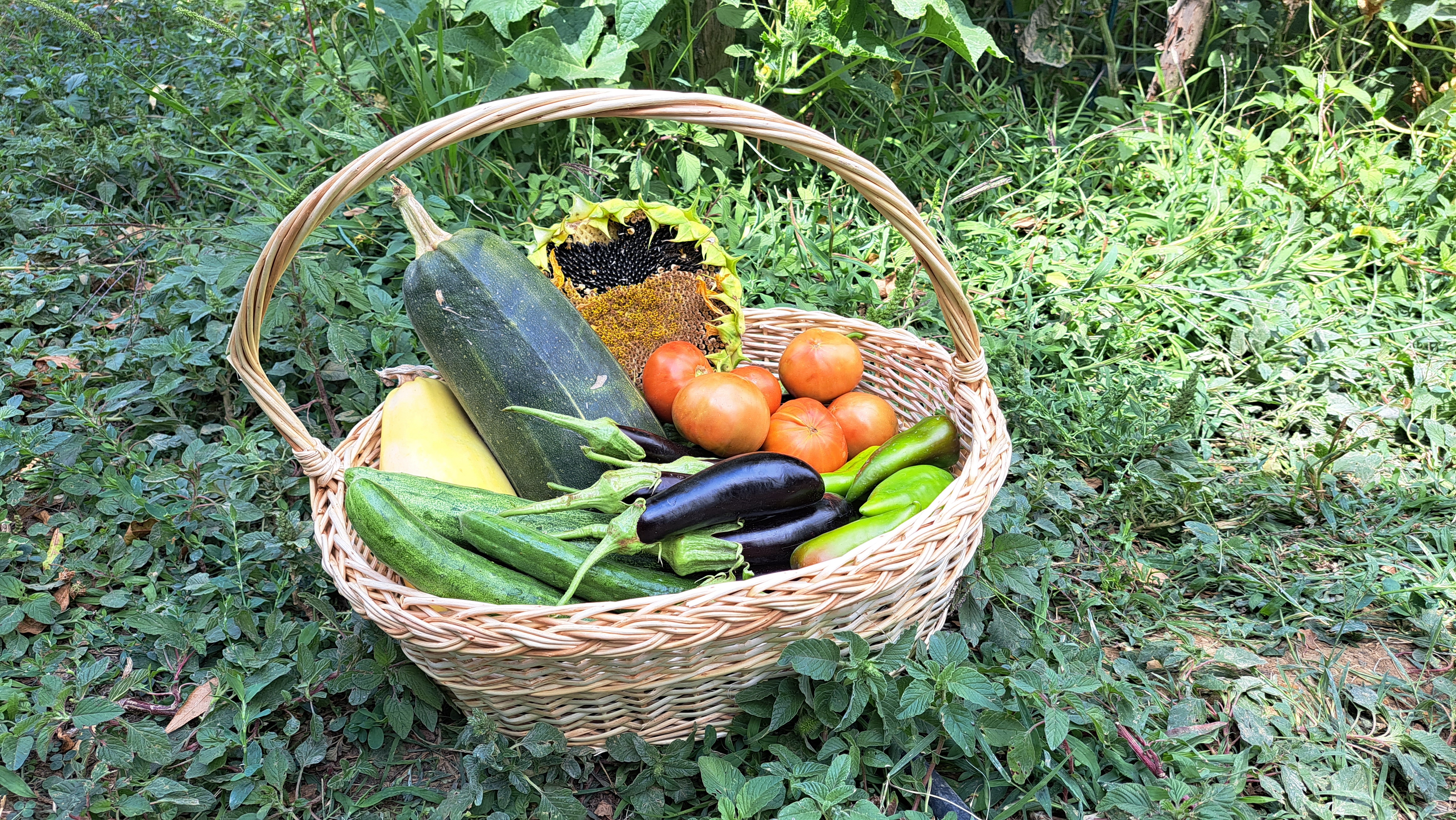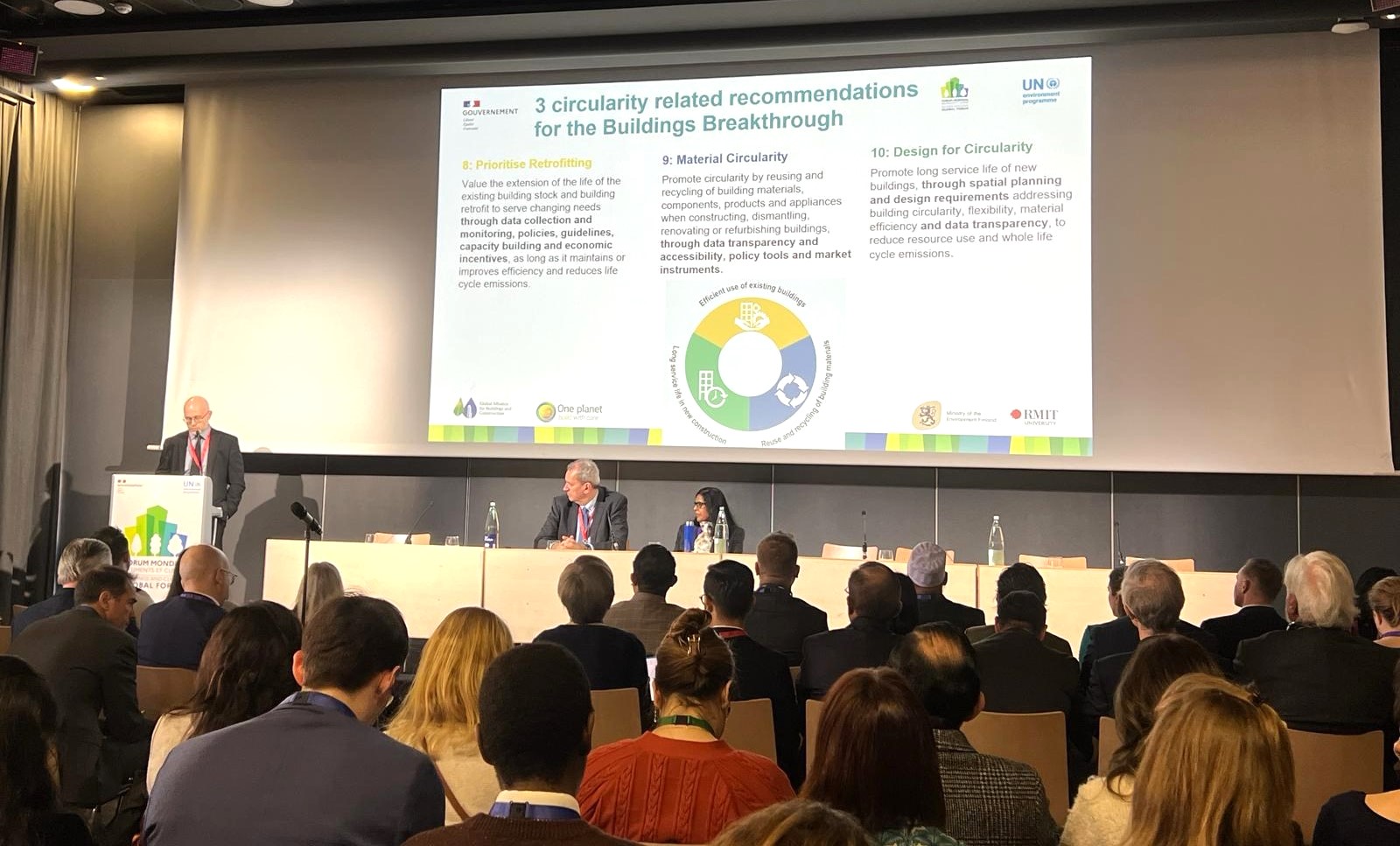IFAD - Economic Inclusion Programme for Rural Families and Communities in the Territory of the Plurinational State of Bolivia with funding from the Adaptation for Smallholder Agriculture Programme
ASAP resources are complementing the first
component (natural resource management,
investment in assets and enterprise
development) of ACCESOS. Activities will
be focusing on 15 municipalities in three
departments: 10 municipalities in Chuquisaca,
4 municipalities in Potosí and 1 municipality
in Tarija.
Greater resilience of target
communities, including greater
protection of people and their
productive activities from the
impacts of climate change.
Capacity-building for community
adaptation. This component will strengthen
community capacities through increased
awareness about climate change issues
and the development of adaptive capacity.
This will be done through information and
communication strategies which raise
awareness and disseminate knowledge and
experiences about indigenous adaptation
practices that have potential for replication.
Programme experts, in collaboration with
the government and universities, will train
technicians and researchers of public
institutions responsible for climate modelling
and weather forecasting.
Geo-referenced ‘talking maps', an effective
visual and inclusive form of natural resource
mapping that is especially suitable in areas
with low literacy, will bring together science
and traditional community knowledge to
identify key issues and adaptation priorities.
These will also encompass proposals
to diversify local economies through
complementary activities like rural tourism.
A menu of priority options for financing
will be drawn up – this list will have both a
thematic focus (e.g. handling frost) and a
gender focus, where adaptation options with
good potential for women's empowerment
will be prioritized.
The process of involving local experts and
community members is designed to help
community organizations effectively articulate
their adaptation priorities for inclusion into
annual municipal budgets. A key benefit of
ASAP support is the wider planning scale –
this complements ACCESOS, which works
mainly at the community level.
A process of knowledge management
will facilitate the sharing of lessons learned
during and after the completion of
the programme.
Climate risk management. This
component will help promote better climate
risk management at the community and
municipality levels, supported by local
government investments in the necessary
infrastructure, equipment and services.
Investment decisions will draw on the
adaptation priorities identified in the first
component, and funding will be released
through a system of local competitions or
concursos, which has already been tested in
other IFAD-funded projects.
Concursos have proven a successful
mechanism to encourage communities to
engage in natural resource management.
With support from the programme
to ensure the equal participation of
community members, communities will
be urged to decide their own priorities for
funding. ACCESOS-ASAP will build on this
mechanism to embed community-driven
adaptation priorities in local planning.
At least 49,000 smallholder farmers will have
greater resilience to climate change, with a
special emphasis on women, young people
and indigenous peoples. The programme will
set specific targets for women's participation,
giving them a voice in key decision processes,
such as the concursos.
Expected Results:
Municipal-level investments in climate
change adaptation increase by 30 per cent.
At least 15 municipal development
plans include climate risk management
dimensions.
At least 15 climate services analyses
conducted and adaptation practices
inventorized.
74 geo-referenced community ‘talking
maps' developed that include climate
information services.
At least four communications campaigns on
climate change implemented.
At least 400 individuals trained in climate
risk management.
At least 11,000 families receive technical
support through concursos to adopt
climate-resilient practices and technologies,
reduce losses and increase assets. Jaana Keitaanranta
Country Programme
Manager
IFAD
Calle 14, N° 8008 entre
Sánchez Bustamante y
Julio Patiño
Calacoto, La Paz, Bolivia
Tel: 591 22140598
j.keitaaranta@ifad.org
Juan de Dios Mattos
Regional Climate and
Environment
Specialist (LAC)
IFAD
Via Paolo di Dono, 44
Rome, Italy
Tel: 39 06 5459 2547
j.mattos@ifad.org
Image

Project start date
01/01/2014
Project end date
31/12/2017

